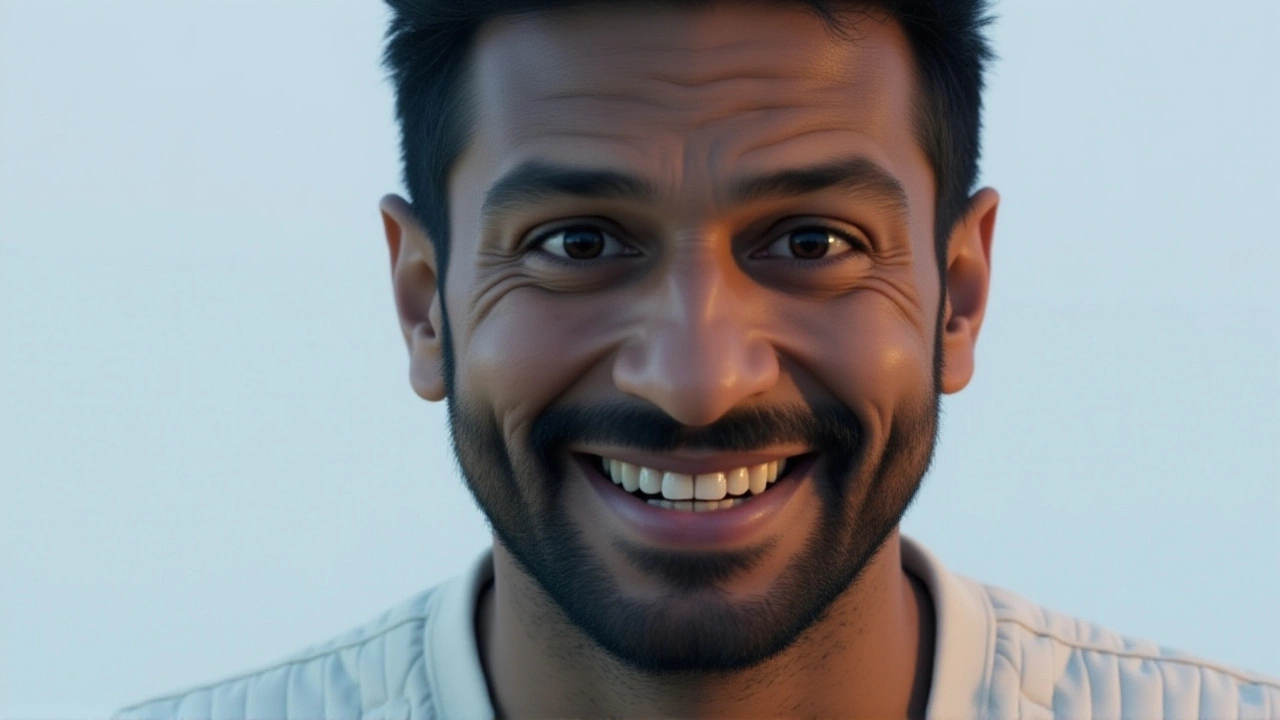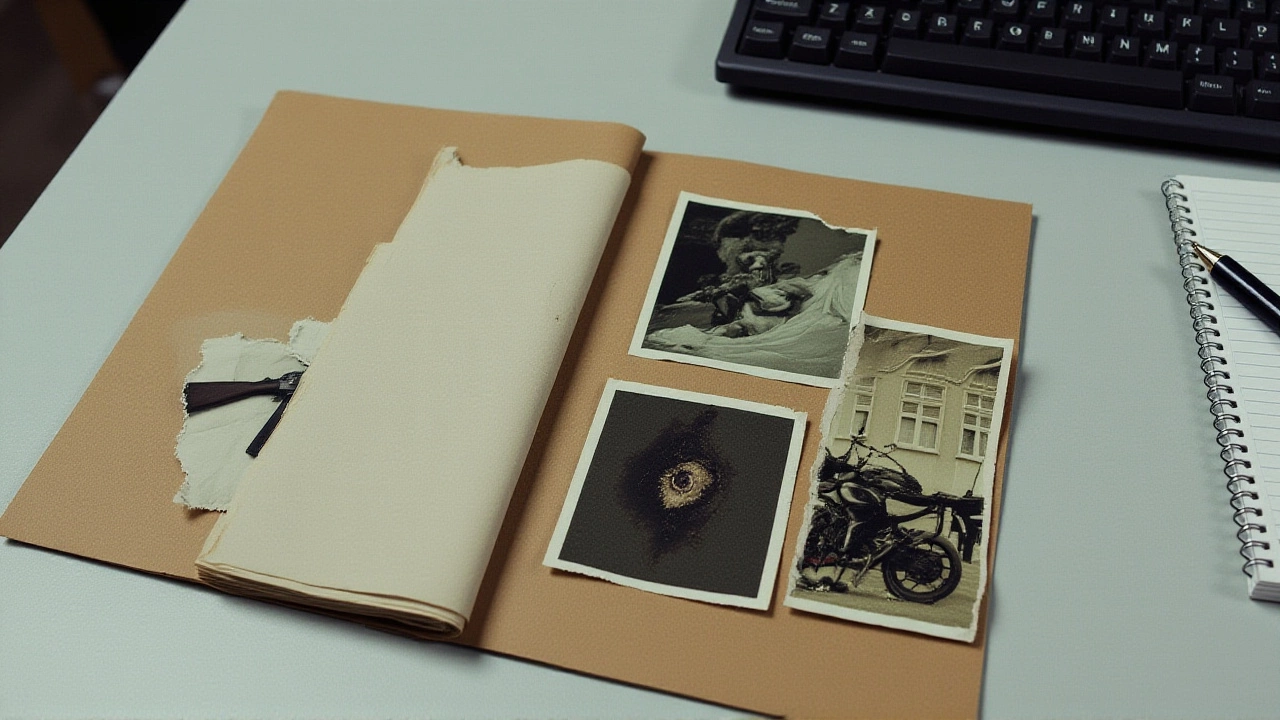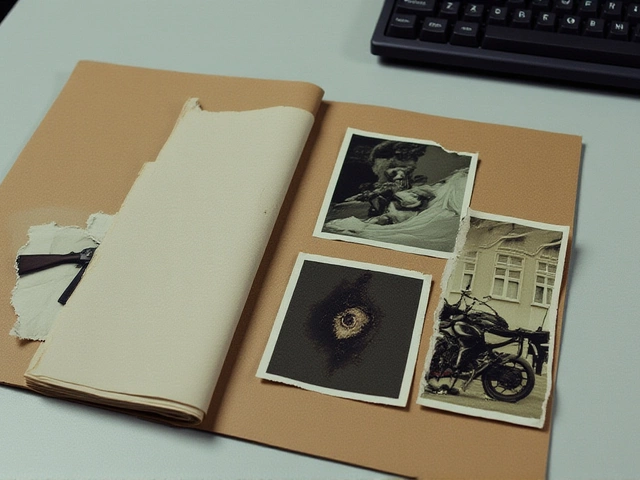When Channel 4 launched 24 Hours in Police Custody in late 2014, viewers got a front‑row seat to the frantic, 24‑hour window that British law gives police to either charge a suspect or set them free. The hook? Real‑time footage of Bedfordshire Police grappling with life‑or‑death decisions inside Luton Police Station, captured by a swarm of more than 80 hidden cameras.
From the outset, the series promised something different from a scripted drama: raw, unscripted moments of interrogation, breaching, and the inevitable race against the clock. Filmed across Bedfordshire and occasional forays into neighbouring Cambridgeshire, each 46‑minute episode unspools a single case, letting audiences feel the pressure of the legal 24‑hour custody limit. The twist is that the series isn’t just about crimes; it’s about the procedural heartbeat of modern policing.
Background and Concept
The brainchild of The Garden, the same outfit behind the acclaimed medical docu‑series “24 Hours in A&E”, the police version was green‑lit after the medical show proved audiences craved that “a day in the life” vibe. Director Alisa Pomeroy wanted to lay bare the procedural side of law enforcement without turning it into a sensationalist spectacle.
Why Luton? The town sits at the crossroads of rural and urban crime trends, giving detectives a diverse caseload—from drug‑related offenses to complex stalking allegations. Plus, the police force there was eager to show transparency, making them an ideal partner for the project.
Production Details and Filming Approach
Production crews set up a rolling six‑week shoot for the inaugural season, embedding themselves in the station’s corridors, interview rooms, and even the holding cells. Over 80 stationary and handheld cameras were positioned to capture every angle, and producers were required to sign non‑disclosure agreements to protect sensitive information.
One of the more surprising logistical feats involved syncing the cameras with the station’s digital logs, ensuring that a suspect’s arrival, questioning, and release could be matched minute‑by‑minute on screen. The result is a tight, almost forensic editing style that mirrors the detectives’ own note‑taking.
The series didn’t stay static. By its second season, which aired in early 2015, the team broadened its geographic scope, filming in towns like Cambridge and rural villages across Bedfordshire to illustrate how the custody clock ticks the same way everywhere.
Reception, Awards, and Critical Acclaim
Viewers responded with enthusiasm: an IMDb rating of 8.4 / 10 from more than 1,200 users reflects the series’ binge‑worthy quality. Critics praised its authenticity, noting that the show “captures the intrigue and fascination of a police drama without the scripted fluff.” The series earned two BAFTA nominations and six total nods across categories like Best Documentary Series and Best Editing.
Industry analysts point to the show’s success as evidence that audiences are hungry for transparent policing narratives, especially in an era of heightened scrutiny over law‑enforcement practices.
Notable Cases Featured on the Show
While each episode tackles a different crime, a handful have sparked particular conversation. One case followed a woman who reported a stalker—a married, middle‑aged Asian man—claiming he had been sending unwanted messages and gifts. When detectives presented photographic evidence of Valentine’s Day presents the man had allegedly given her, he denied wrongdoing and turned the accusation around, accusing the complainant of stalking him. He was charged, but the prosecution later dismissed the case for insufficient evidence. The episode highlighted the thin line between perceived harassment and legal proof, illustrating the challenges police face within the 24‑hour time frame.
Another standout episode documented a violent robbery that escalated into a fatal shooting. The rapid coordination of patrol units, forensic teams, and the custody officers showcased how the police clock can literally be a matter of life and death.

Distribution, Accessibility, and Future Seasons
After its Channel 4 broadcast, the series found a second life on streaming platforms such as BritBox, Amazon Prime Video, The CW, Pluto TV, FilmRise, and Tubi. By spreading across both UK and US services, the show reached a global audience curious about British policing.
As of early 2024, the series has logged 96 episodes across ten seasons, with the most recent season debuting on 22 March 2021. Production insiders say a twelfth season is in the works, promising deeper dives into cyber‑crime investigations and the impact of new legislation on custody times.
Key Facts
- First aired: 26 October 2014 on Channel 4.
- Production company: The Garden.
- Primary location: Luton Police Station, Bedfordshire.
- Number of episodes: 96 (ten seasons).
- IMDb rating: 8.4 / 10.
- BAFTA nominations: 2 (out of 6 total nods).
Frequently Asked Questions
How does “24 Hours in Police Custody” differ from fictional police dramas?
The series strips away scripted dialogue and instead follows real detectives as they contend with the legal 24‑hour custody limit. Viewers see authentic police paperwork, genuine suspects, and the exact timing of charges or releases—details you rarely get in scripted shows.
What impact has the show had on public perception of Bedfordshire Police?
Many residents reported greater confidence in the force’s transparency after seeing the day‑to‑day operations on screen. However, critics argue the editing may still favor dramatic moments, so the impact is a mixed blend of trust‑building and ongoing debate about media representation.
Which streaming platforms currently host the series?
Outside of Channel 4’s on‑demand service, the series is available on BritBox, Amazon Prime Video, The CW’s free streaming site, Pluto TV, FilmRise, and Tubi, giving both UK and US audiences easy access to all ten seasons.
What legal constraints shape the narrative of each episode?
British law caps police custody at 24 hours unless a magistrate grants an extension for serious offences. This hard‑stop forces detectives to make rapid decisions about charging, releasing, or applying for extra time, creating the series’ built‑in tension.
Will future seasons tackle new types of crime?
According to producers, the upcoming season will focus more on cyber‑crime, online fraud, and the evolving role of digital evidence, reflecting how the 24‑hour custody rule adapts to technology‑driven investigations.

